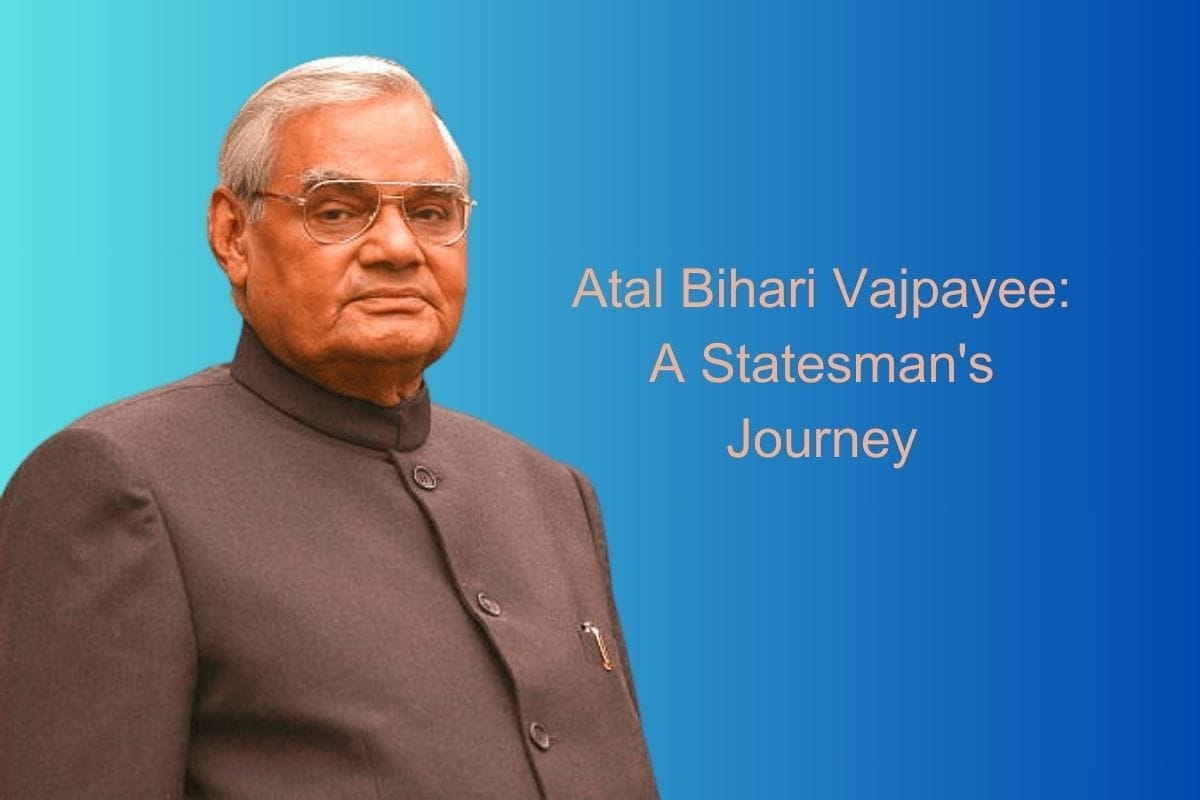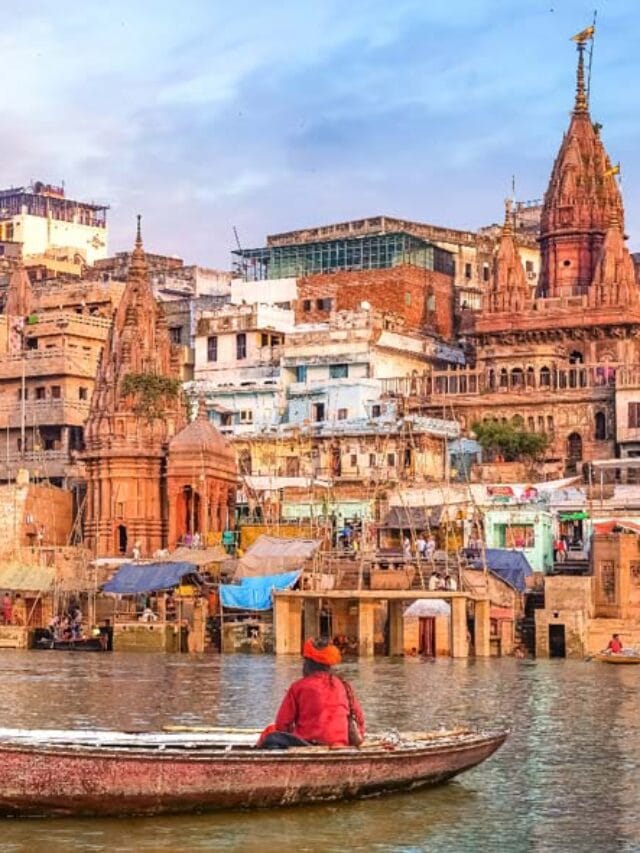
Celebrating the birth anniversary of Atal Bihari Vajpayee, born on December 25, 1924, is a tribute to a towering figure in Indian politics. Vajpayee’s legacy is marked by his profound impact on the nation as a three-time Prime Minister and a key architect of modern India. His birthday is not just a remembrance of a leader; it is a reflection on the values of statesmanship, inclusivity, and bold decision-making that characterized his illustrious career. As the nation commemorates this day, it is an opportunity to honor a statesman whose contributions continue to resonate in the hearts of the people.
Atal Bihari Vajpayee, a prominent figure in Indian politics, left a lasting impact on the nation through his leadership and statesmanship. His journey from a humble background to becoming India’s Prime Minister not only reflects his political acumen but also his commitment to the values of democracy and inclusivity.
Early Life and Political Beginnings:
Born on December 25, 1924, in Gwalior, Atal Bihari Vajpayee’s early life was marked by modesty and determination. His foray into politics began during his college days, where he actively participated in various student movements. His oratory skills and articulation soon garnered attention, setting the stage for a remarkable political career.
Formation of Bharatiya Janata Party (BJP):
One of the pivotal moments in Vajpayee’s political journey was the formation of the Bharatiya Janata Party (BJP) in 1980. As a founding member, he played a crucial role in shaping the party’s ideology, which aimed at promoting Hindutva and cultural nationalism. The BJP emerged as a prominent force, providing a new political alternative to the Indian electorate.
Periods as the Prime Minister:
Vajpayee’s strong leadership was clearly shown in his three separate terms as India’s Prime Minister. Although his first term in 1996 was brief, it laid the foundation for the years that followed. The Kargil War in 1999 challenged his abilities, and his quick and determined actions were widely appreciated.
Pokhran-II Nuclear Tests:
One of the defining moments of Vajpayee’s tenure was India’s nuclear tests in 1998, known as Pokhran-II. These tests marked India’s emergence as a nuclear power and showcased Vajpayee’s bold and assertive approach on the global stage. The strategic move solidified India’s position in international geopolitics.
Economic Reforms and Infrastructure Development:
Vajpayee’s administration was marked by a focus on economic reforms and infrastructure development. The ambitious Golden Quadrilateral project aimed at connecting major cities through a network of high-quality roads, symbolizing his commitment to modernizing India’s infrastructure.
Peace Initiatives and Diplomacy:
Known for his statesmanship, Vajpayee actively pursued peace initiatives in the Indian subcontinent. The historic bus journey to Lahore in 1999, where he met with then-Pakistani Prime Minister Nawaz Sharif, was a significant step towards fostering better Indo-Pak relations. Despite the challenges, Vajpayee’s efforts reflected his commitment to regional stability.
Legacy of Inclusivity and Coalition Politics:
Vajpayee’s ability to navigate coalition politics and build consensus is a testament to his inclusive leadership style. His government was a coalition of diverse parties, showcasing his commitment to forming alliances for the greater good. This legacy of coalition politics set a precedent for future governments in India.
Literary Stature:
Beyond politics, Vajpayee was also known for his literary contributions. His poetry, speeches, and essays reflected a deep understanding of the Indian ethos. The blend of politics and poetry showcased a multifaceted personality, earning him admiration beyond the political spectrum.
Conclusion:
Atal Bihari Vajpayee’s journey is a remarkable saga of resilience, leadership, and statesmanship. His contributions to Indian politics, economy, and diplomacy have left an enduring impact on the nation. As India continues to evolve, Vajpayee’s legacy serves as a guiding light, reminding the nation of the values of unity, inclusivity, and bold leadership.
Read Daily Current Affair MCQs








Leave a Reply